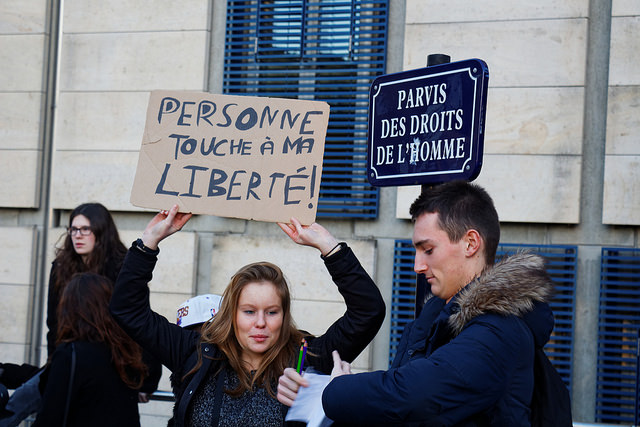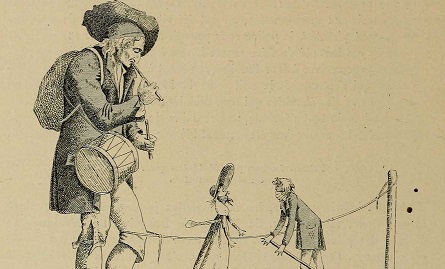

7 June 2016
In her book, Les bûchers de la liberté, (The stakes of freedom), Anastasia Colosimo, a PhD student at Sciences Po, analyses the highly topical notion […]
4 June 2016
“Eat, move”, “I eco-renovate, I economize”, “Generic medicines are great”, “Smoking kills”: What is the state doing when it thus interferes in our private lives […]
30 May 2016
In their book Algeria Modern. From Opacity to Complexity (Hurst Publishers, CERI Sciences Po Series, April 2016), Luis Martinez and Rasmus Alenius Boserup look at […]



